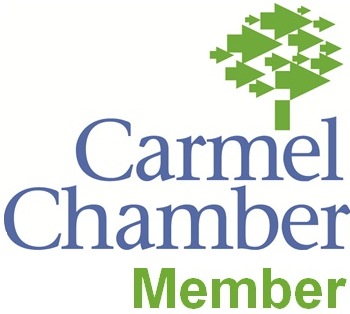Owner of Unsold Units is Entitled to Repayment from Association
Sundial, Inc. v. The Villages at Wolf Hollow Condominium Homeowner’s Association, Inc., 310 P.3d 1233 (Utah Ct. App. Sept. 12, 2013)
Miscellaneous Association Problems and Operations: A Utah appeals court affirmed a ruling that an association was not required to include prejudgment interest in the amount of damages it had been ordered to pay an owner who had paid substantial sums to fund association operations.
In 2001, Aurora Development, LC (Aurora) recorded a declaration of condominium that created The Villages at Wolf Hollow, a 64-unit project in Salt Lake County, Utah. Every unit owner is a member of The Villages at Wolf Hollow Condominium Homeowner’s Association, Inc. (association).
In 2004, Sundial, Inc. (Sundial) purchased the last 34 units in the project as well as two undeveloped building pads. At the time, Aurora was insolvent and unable to complete construction. Between December 2004 and June 2005, Sundial wrote three checks to the association totaling $44,500. A portion of the payments was for monthly assessments on Sundial’s units; the remainder was a large sum to ensure the project’s survival. After the project was complete, a dispute arose between Sundial and the association over these payments.
In 2008, Sundial sued the association, alleging the association was unjustly enriched by the payments and sought damages of $44,500 plus interest. The association counterclaimed that Sundial had failed to pay dues, assessments and other fees. Sundial subsequently amended the amount it was requesting in damages to $30,064.66 to reflect the assessment amounts paid to the association.
The trial court found that Sundial paid significantly more than the assessments it was required to pay to ensure completion of the project, thereby preventing liens against the property and avoiding foreclosure. Consequently, the trial court awarded Sundial $5,403 on its unjust enrichment claim. The trial court calculated the award amount by multiplying the total payment by 47 percent, which represented the percentage of units owned by Sundial. From the remaining $20,915, the court subtracted $15,512 in fees charged by the association to Sundial.
After the court issued its memorandum decision, Sundial submitted a proposed judgment that included prejudgment interest of 10 percent. The association objected, and the court heard arguments on its objection. The association claimed that prejudgment interest was inappropriate because a specific award was not foreseeable or mathematically certain until the court made its final ruling. Sundial claimed it was entitled to prejudgment interest because the unjust benefit conferred on the association could be calculated with mathematical certainty based on specific amounts and dates. The trial court found the association’s arguments persuasive and issued a judgment that did not include prejudgment interest. Sundial appealed.
The only issue on appeal was whether the trial court erred in not including prejudgment interest in the award. Prejudgment interest is appropriate only when a loss has been fixed at a definite time, and the amount of the loss can be accurately calculated according to well-established rules. Where damages are incomplete or cannot be accurately calculated, the amount of damages must be ascertained by the court. In those instances, prejudgment interest is not allowed.
The appeals court concluded that damages to be awarded to Sundial could not have been determined with mathematical certainty prior to the trial court’s ruling. Since there were no “well-established rules” for calculating the unjust benefit conferred on the association, the trial court was left to determine the damages based on the facts. In making its assessment, the trial court considered that Sundial had a financial stake in the project and needed to keep it viable in order to sell the 34 units it had purchased. In addition, without Sundial’s payments to the association, the developer likely would have defaulted on its construction loan, resulting in liens against the property, unfinished amenities and devalued units. The trial court had fashioned a methodology to calculate how much of the overpayment unjustly benefitted the association. Until the methodology was selected, the amount of damages could not be ascertained with precision. Thus, the damage amount was determined by the court’s broad discretion, and prejudgment interest was not allowed.
The trial court’s judgment was affirmed.
©2013 Community Associations Institute. All rights reserved. Reproduction and redistribution by CAI members or nonmembers are strictly prohibited.










